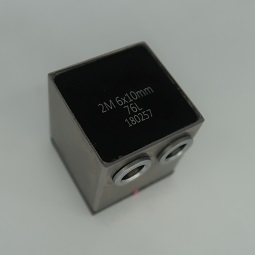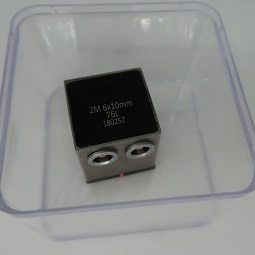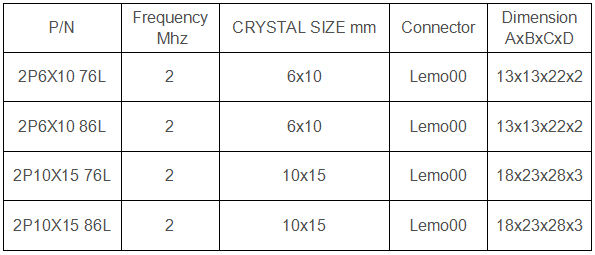

We love to hear from you !
Product details Parameters
Creep Waves are high angle ultrasonic longitudinal waves. The creeping wave is actually the upper part of the envelope of a 76 degree compression wave beam which propagates just under the component surface, see Figure. These are not true surface waves and the energy is concentrated within a few millimetres of, and almost parallel to, the surface. Hence, the technique is very sensitive to shallow surface-breaking cracks whilst at the same time being relatively insensitive to surface condition.
The maximum working range is typically 45 mm in front of the probe because the creep wave rapidly loses energy in the form of 33o indirect shear, or &39;head&39;, waves as it propagates. However, these head waves will re-convert to a creep wave at the inner surface of the component. Like the top surface creep wave, this inner surface creep wave is very sensitive to inner surface breaking cracks and as it runs parallel to the inner surface it will not be sensitive to the presence of weld roots.
Creep waves have the advantage that, being longitudinal waves, they are far less attenuated in austenitic and inconel weld metal than shear waves.


Pay attention to TMTeck
Add:#613A, LinJI Industrial Building ,No.53 of Shun Ren Road ,Lin He Industrial park, ShunYi District ,101300 Beijing ,China
Tel:86-010-8944 5181/86-010-8944 4420
Fax: 86-010-8944 4420
Email: info@tmteck-ndt.com